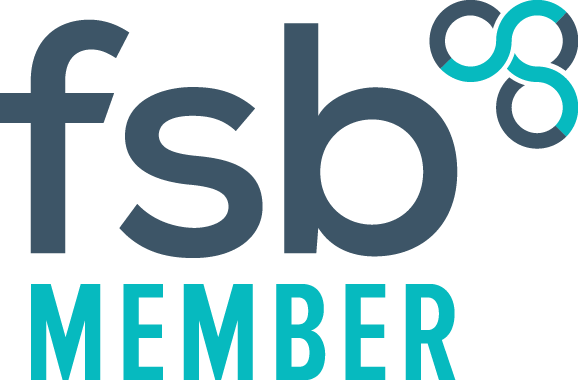Blog
For quite some time I had been racking my brains trying to think of a theme for regular blog posts that would keep me interested, engaged and committed to posting, and in the early hours of the 17th January this year it suddenly came to me!
Much like the early days of the internet early last year I found myself drawn to this whole new frontier of AI and where it may take us.
With that in mind my idea behind ‘AI for Breakfast’ is to publish a new post every day on a topic related in some way to AI and how it may be utilised in business.
For the weekdays I will endeavour to post informative and hopefully useful posts (Update, this changed at post 92). For the weekends the current theme is getting my custom GPT to create a visual metaphor for an idiom or phrase, hopefully on the first attempt. Sometimes the results are quite amusing, sometimes they’re pretty poor! The theme may change, after all, this is just an experiment.
Admittedly my original intentions have changed as this project grows. The time commitment is a bit more than I envisaged and the format is constantly evolving. I’m experimenting with creating custom GPTs for my own business and my clients. I’m really enjoying the learning process, which to me is always a good thing. Prompt engineering is fascinating subject and I’m starting to get a handle on it.
Andrej Karpathy, a very well respected computer scientist tweeted on the 24th january 2023, “The hottest new programming language is English” my own interpretation on this is that if he was referring to prompt engineering in some way then you better take notice!
The deeper I go down the AI rabbit hole, the more I realise just how incredibly powerful AI will become. My advice?
Learn about AI and how you can incorporate it into your business. Because if you don’t your competitors most likely will, and when they do they will have the advantage, and it will become a very large advantage.
Start today…








